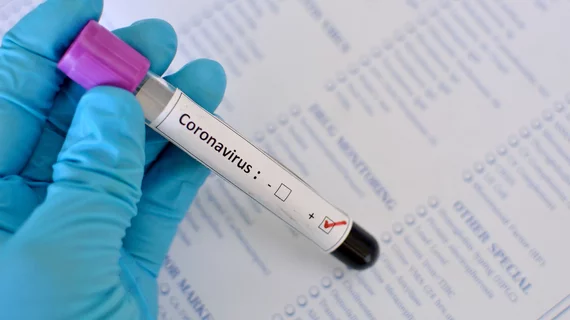AHA commits $2.5M to COVID-19 research
The American Heart Association (AHA) has set aside $2.5 million to fund cardiovascular and cerebrovascular research into the new coronavirus.
The funding will come in the form of fast-tracked research grants that can improve our understanding of “the diagnosis, prevention, treatment and clinical management of COVID-19 as it relates to heart and brain health.” The AHA is prioritizing short-term research projects that can provide results within a year.
“Approximately 120 million people in the U.S. have one or more cardiovascular diseases, which may place them at higher risk for contracting COVID-19 and experiencing complications of the virus, making it even more critical that we find out all we can about this disease and urgently work on reducing its impact,” AHA President Robert A. Harrington, MD, Arthur L. Bloomfield Professor of Medicine and chair of the department of medicine at Stanford University, said in a prepared statement. “Research is the very foundation of the American Heart Association and, given our global mission, this rapid response grant is an unprecedented but logical move for the organization in these extraordinary times. We are committed to quickly bringing together and supporting some of the brightest minds in research science and clinical care who are shovel-ready with the laboratories, tools and data resources to immediately begin work on addressing this emergent issue.”
Early research has indicated that COVID-19 is especially dangerous to patients with hypertension and heart disease, and it can lead to significant heart problems in patients who had none prior to contracting the virus. These key points—and the fact that the virus continues to spread throughout the world at a rapid speed—show just how important it is to continue research in this area.
“I am extremely proud of the agility of our volunteer leadership and of the staff of the American Heart Association that allows us to pivot so quickly to initiate vital research to find much needed answer in these challenging times,” AHA CEO Nancy Brown said in the same statement. “What more important work can we do as an organization than activate our trusted platform to provide solutions for this global crisis.”

